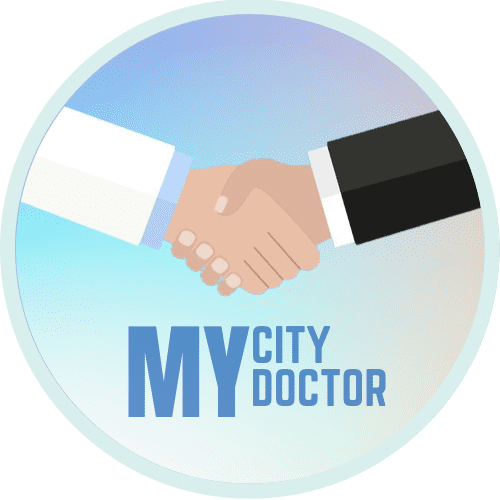Introduction
In today’s digital age, social media has become an integral part of our daily lives. From staying connected with friends and family to staying informed about the latest news and trends, social media platforms like Facebook, Twitter, Instagram, and LinkedIn have evolved into powerful tools for communication and information sharing. While their impact on various industries is evident, one area where social media has shown immense potential is healthcare. In this blog, we’ll explore the importance of social media marketing for healthcare and how it is transforming the way the industry engages with patients, educates the public, and promotes well-being.
1. Building Trust and Credibility

Trust is a fundamental element in healthcare, and social media platforms provide an avenue for healthcare providers, organizations, and professionals to build trust and credibility within their communities. Sharing accurate and reliable health information, updates on medical breakthroughs, and success stories can help foster a sense of transparency and authenticity. This, in turn, helps establish trust between patients and healthcare providers.
2. Educating and Raising Awareness
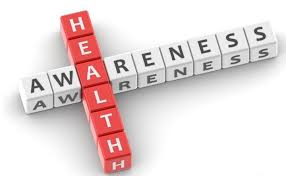
Social media offers an incredible opportunity to educate the public about various health topics, diseases, prevention, and wellness strategies. Healthcare organizations can use platforms like Twitter, Facebook, and Instagram to share informative content through posts, videos, infographics, and live streams. By doing so, they can raise awareness about health issues and promote a healthier lifestyle among their followers.
3. Patient Engagement and Support
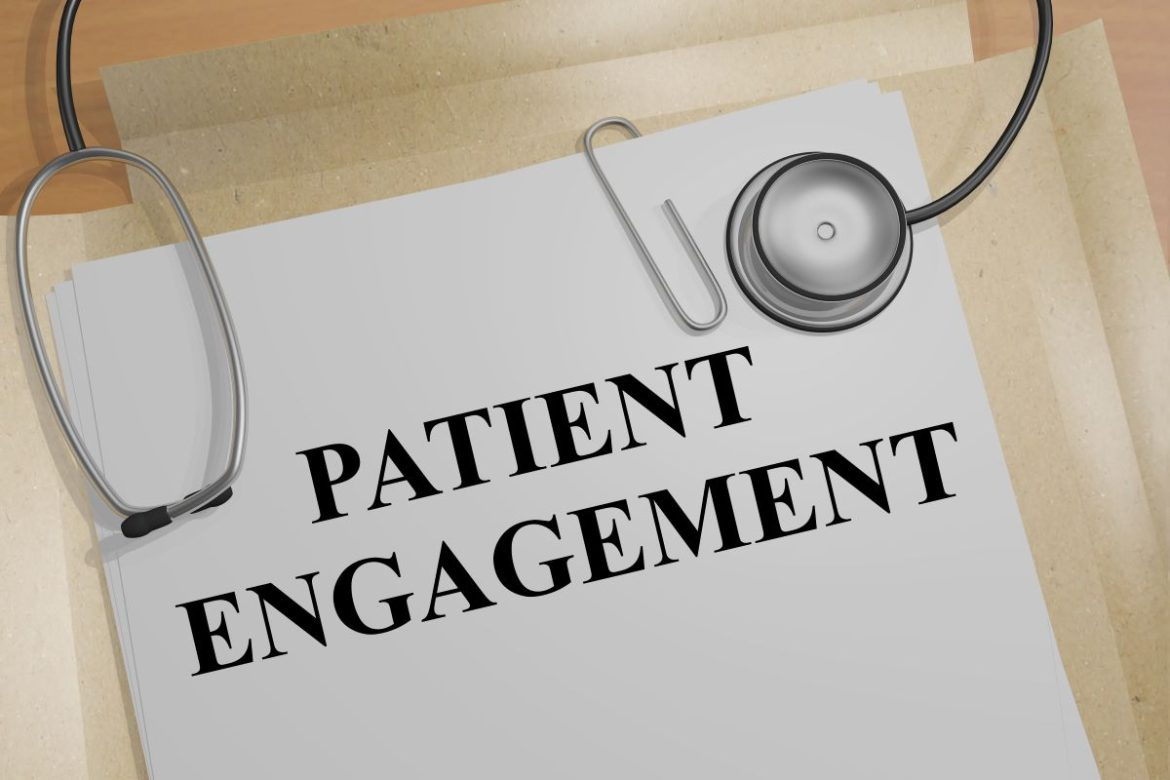
Effective patient engagement is crucial for improved healthcare outcomes. Social media enables healthcare providers to interact with patients in a more accessible and convenient way. They can respond to inquiries, provide support, and share resources for managing chronic conditions or recovering from surgery. Online patient communities and support groups can also form, creating a sense of belonging and shared experiences.
4. Promoting Services and Events
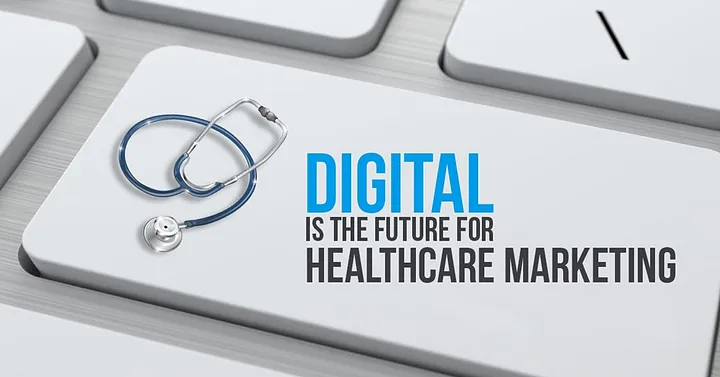
Social media marketing allows healthcare organizations to promote their services, events, and programs to a broader audience. Whether it’s announcing the launch of a new clinic, hosting a health fair, or organizing webinars, social media platforms are ideal for reaching out to potential patients and attendees. The real-time nature of these platforms ensures that the information reaches the target audience quickly.
5. Crisis Management
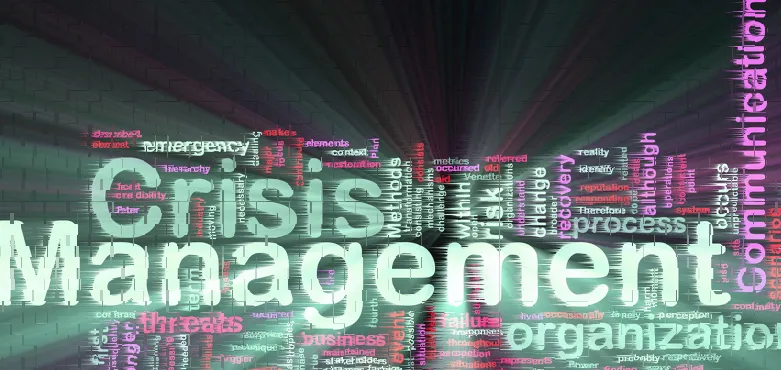
In times of health crises, such as pandemics or natural disasters, social media plays a pivotal role in disseminating critical information to the public. Healthcare organizations and government agencies can use these platforms to share updates, guidelines, and emergency contact information. Being a reliable source of information during such times is a powerful way to demonstrate commitment to public health.
6. Recruitment and Talent Acquisition
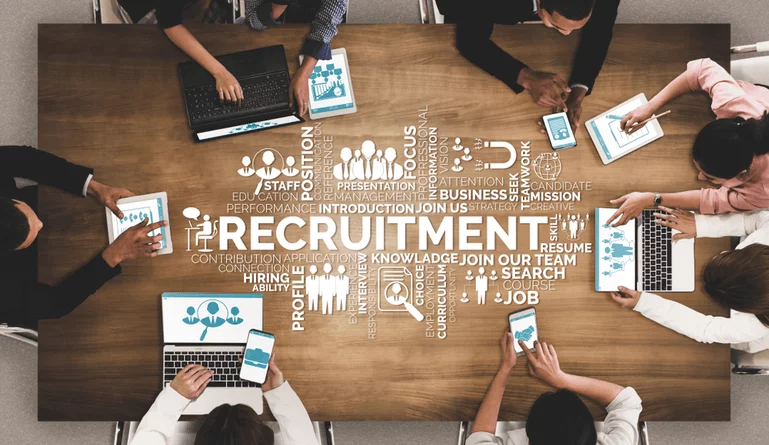
Healthcare institutions can also leverage social media to recruit new talent and highlight their unique workplace culture. By showcasing the work environment, employee testimonials, and opportunities for professional growth, they can attract top healthcare professionals and support staff.
7. Monitoring and Research
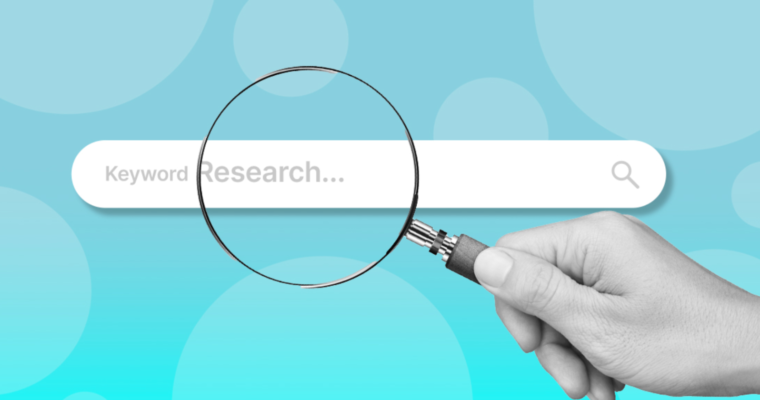
Social media provides valuable data and insights that can be used for monitoring public health trends and conducting healthcare research. Analyzing social media discussions and trends can help healthcare professionals and researchers understand public concerns and adapt strategies accordingly.
Conclusion
The importance of social media marketing for healthcare cannot be overstated. It offers a multifaceted approach to connect with patients, educate the public, and advance the overall well-being of communities. By building trust, sharing valuable information, engaging with patients, and promoting services and events, healthcare organizations can not only improve their public image but also play a pivotal role in enhancing public health. It’s clear that in this digital age, social media is a powerful tool that has the potential to revolutionize the healthcare industry, making it more accessible and patient-centric than ever before.
